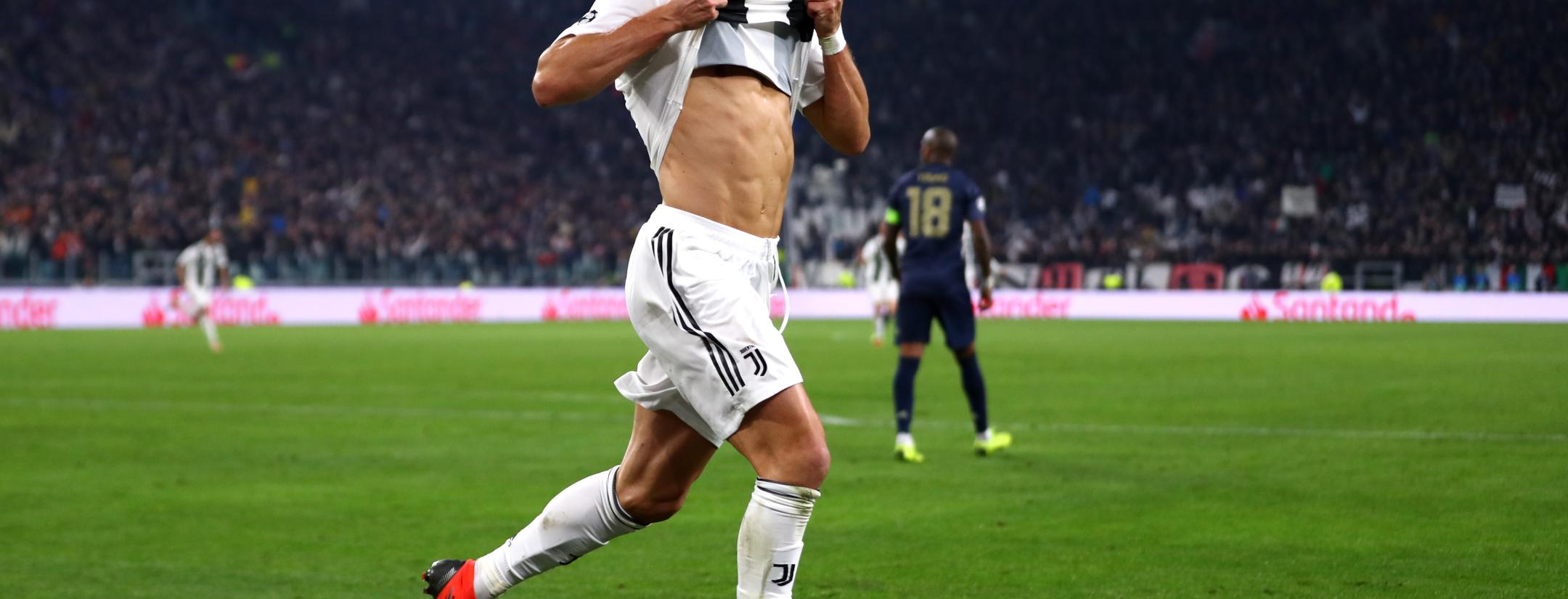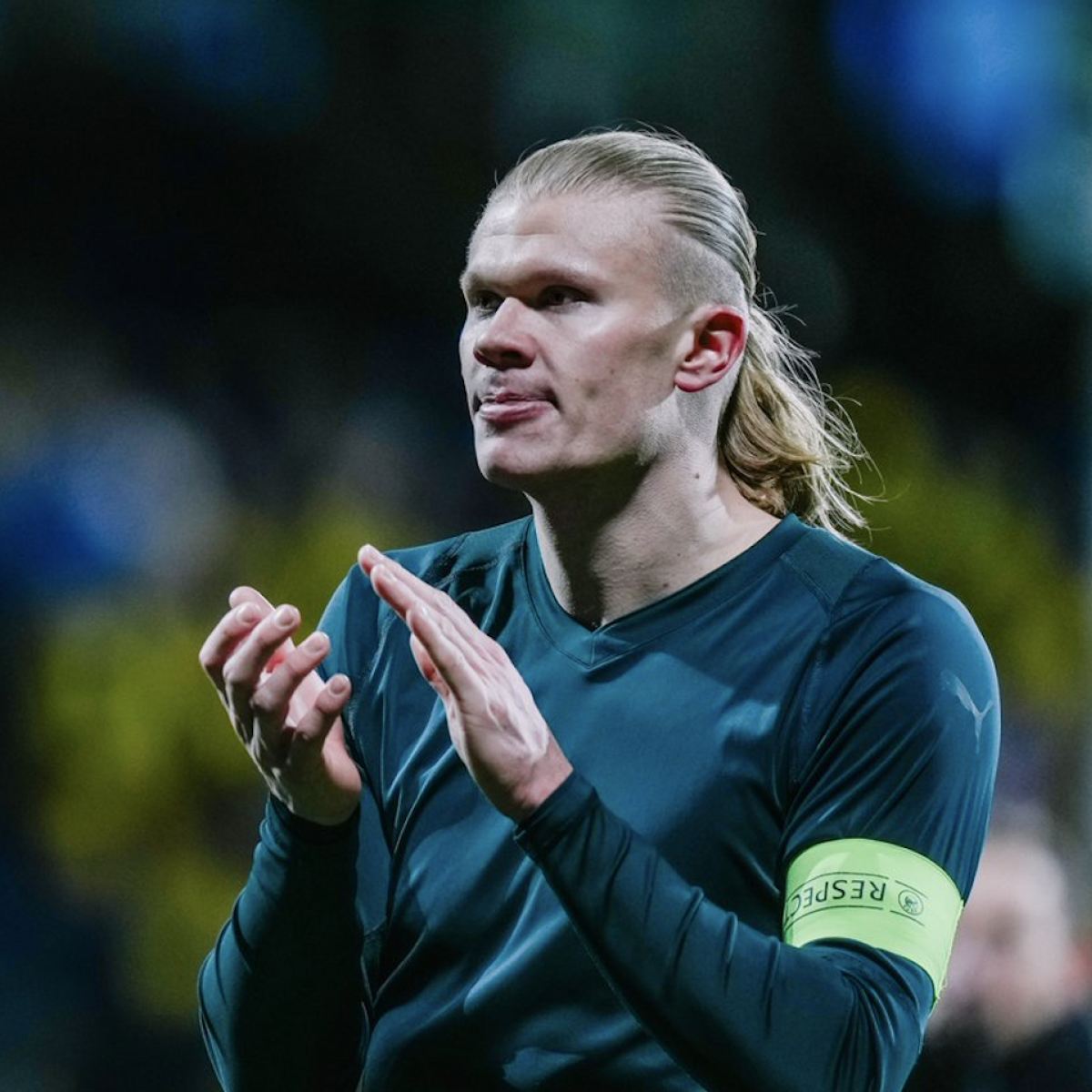Train — EAT — Rest.
That’s the foundational triangle of sports performance, and the best athletes in the world know it very well.
You can watch Rocky I, II, III, IV, V, VI and its spin offs 16 million times and love that eternal training and think that you have the eye of the tiger, so training more and more makes your preparation better and better, but it doesn’t. If you want to perform, you need to learn what, when and how much you should rest and EAT.
If you’re the type of person who thinks that nutrition is just an equation-based matter “you just need to burn more calories than you consume” please get out of this article. If it was that simple we wouldn’t have these nutritionists studying for years and years at school.
Now, this is obviously a very broad subject so I’m just going to focus on giving some basic insights and tips to help you and your teams perform better at playing soccer. Out of Train — Eat — Rest, we will only pay attention to the EAT.
Soccer Nutrition Tips
In simple words, I want you to imagine that your body is like a hybrid car that can be fueled in three different ways: by ATP-PC (Phosphocreatine), carbs and fat. Now, using a different analogy, I also want you to think of a shelf in your kitchen that’s slightly too high and too deep for your reach. In that shelf, your first jar (the closest to your hand and easily reached) is the ATP-PC, the second is the carbs jar that’s much bigger than the first and the third is a heavy, far, hard-to-reach, huge jar that has fat.
These three jars represent sources of energy for your body and you pick stuff from all of them at the same time, but clearly the first jar is easier to reach than the second and the second than the third. When we talk about this, for your body, we are talking about the immediate availability of energy. ATP-PC is the fastest, carbs is the second and fat is the third.
Why is this important? Because if you get up off your chair right now and sprint five yards to the kitchen or the bathroom, your body needs quick energy to fuel such request. That fuel will comes from ATP-PC, as the effort required is not enormous and we need immediate energy, so why pick the third jar when the first is enough and easier to reach, right? That's the logic. The problem is that if you had to run four miles to the bathroom, that little ATP-PC jar would not have enough cookies to fuel that challenge, so you’ll need to use energy from the other two jars, that are not so immediately available.
That’s how your body works, and you are obviously wondering how all of this relates to playing soccer. Fair question, man.
The answer relies on pasta.
Why is it that soccer players eat pasta before games? Because pasta, among other foods, has a high content of carbs and this type of carbs is easily digested. Then, by eating pasta, what players intend to do is overload their second jar. Carbs are extremely important for soccer players because their availability of energy is high and they provide enough energy to support the physical demands that the game implies. Even if they tried to overload the first little ATP-PC jar, it wouldn’t ever be enough to support such demands, and the third jar has lots of energy, but is harder to reach, so its energy is not as immediate as the one coming from carbs.
That’s why soccer players eat pasta up to about three hours before the match.
Now that we understand these very basics, let me give you a couple of tips that will help you perform on the field.
1. The first tip you want to consider is creating an overload of your carbs jar before the match, and to that you can’t eat two pounds of pasta the same day, so you need to start working on that overload at least 36 hours before the competition. Eat carbs and drink water.
2. If you enjoy a cup of coffee or mate, why not drink a quick cup half an hour before the competition? Coffee and mate are stimulants, so it will help you get in mood and feel energetic.
3. If you weigh yourself before and after the game you’ll see you’ve lost a lot of weight. That’s because you’ve burnt a lot of calories, but mostly because you’ve lost a lot of water, so you need to rehydrate right away. When you do so, drink water, eat something with carbs and add some protein to it. Water and carbs will help you recover, and protein will work on the muscular adaptations to the efforts made, so that next time it becomes easier to do.
4. If you enjoy eating something bad every once in a while, always eat it during the morning or right after your training/competition (within 45 minutes of completion). Your body will absorb it right away.
5. If you want to lose weight, reduce your carbs on the days you are not training so that you force your body to reach the third jar of the shelf and use fat to provide energy. Forget about this when you’re close to game day; that’s time to perform.
6. Don’t try new foods on game day. People are strange ... and different, so you don’t know if what’s great for Johnny is good for you as well. No time for experiments on game days.
7. Nuts have a lot of calories, true, but no studies relate a moderate daily consumption of nuts with gaining weight, and they are also great providers of stable, day-long energy, so if you enjoy them it would be wise to eat a handful every morning.
There are many more tips and explanations we can give about sports nutrition, but it would be never-ending. What I can tell you is that if you follow these seven soccer nutrition tips, you’ll feel it on game day.
Good luck!




